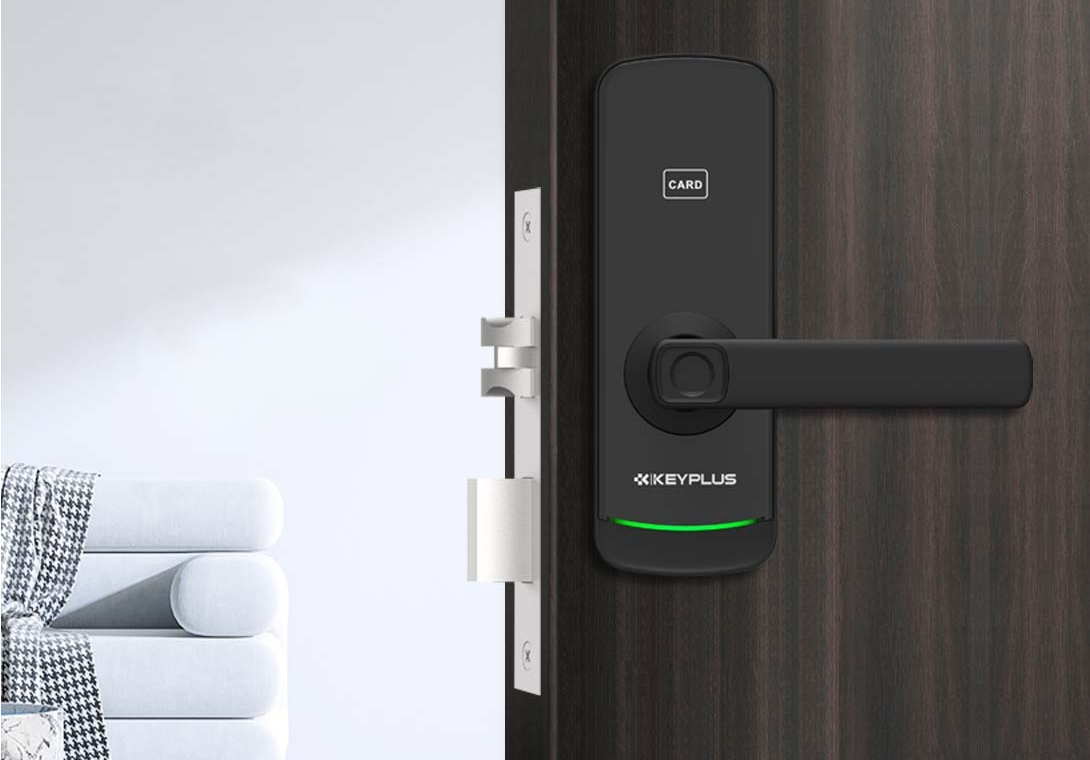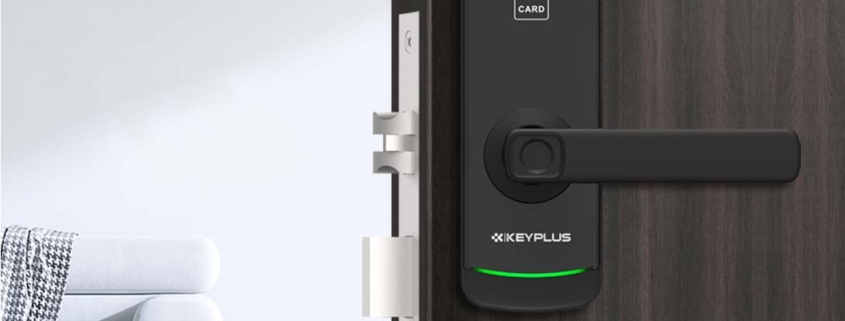Are Smart Locks Safer Than Keys?
In today’s fast-paced, technology-driven world, smart home devices are becoming increasingly popular—and smart locks are no exception. These innovative devices promise convenience, remote access, and enhanced security compared to traditional key-based locks. But are smart locks truly safer than physical keys?
This article explores the security, convenience, and potential risks of smart locks versus traditional keys, helping you decide which option is best for your home or business.
1. How Do Smart Locks Work?
Smart locks are electronic locking systems that allow users to control access without a physical key. They typically connect to a smartphone via Bluetooth, Wi-Fi, or a dedicated app, offering features such as:
-
Keyless entry (PIN codes, fingerprint recognition, or smartphone unlocking)
-
Remote access (locking/unlocking doors from anywhere)
-
Temporary access (granting time-limited entry to guests or service workers)
-
Activity logs (tracking who enters and exits)
2. Security Benefits of Smart Locks
A. No Risk of Lost or Duplicated Keys
One of the biggest drawbacks of traditional keys is that they can be lost, stolen, or copied without your knowledge. Smart locks eliminate this risk by replacing physical keys with digital authentication methods.
B. Advanced Encryption & Hacking Resistance
High-quality smart locks use strong encryption (such as AES 128-bit or 256-bit) to prevent hacking. Many also feature:
-
Two-factor authentication (2FA)
-
Auto-locking mechanisms
-
Tamper alerts (notifications if someone tries to force entry)
C. Remote Locking & Real-Time Alerts
If you forget to lock your door, a smart lock allows you to secure it remotely. Some models even send alerts if someone tries to enter without authorization.
D. No Need for Hide-a-Keys (Which Burglars Know About)
Many people hide spare keys under doormats or flower pots—a well-known security weakness. Smart locks allow you to grant temporary access digitally instead.
3. Potential Risks of Smart Locks
While smart locks offer many advantages, they are not without vulnerabilities:
A. Hacking & Cyber Threats
Like any internet-connected device, smart locks can be targeted by hackers. Weak passwords, unencrypted connections, or outdated firmware can make them susceptible to cyberattacks.
How to mitigate this risk?
-
Use strong, unique passwords
-
Enable two-factor authentication (2FA)
-
Regularly update firmware
B. Power & Connectivity Issues
Smart locks rely on electricity (batteries or wired power). If the battery dies or the Wi-Fi goes down, you could be locked out unless there’s a backup key option.
C. Physical Vulnerabilities
Some smart locks may still be picked or bumped like traditional locks. High-end models address this with anti-pick and anti-drill protections.

4. How Do Traditional Keys Compare?
A. Pros of Traditional Keys
-
No hacking risk (physical keys don’t rely on digital security)
-
No power dependency (works as long as the lock mechanism functions)
-
Simple & reliable (no software updates or connectivity issues)
B. Cons of Traditional Keys
-
Can be lost, stolen, or copied
-
No remote locking capability
-
No entry logs (you can’t track who enters your home)
5. Which Is Safer? Smart Locks vs. Keys
The answer depends on your priorities:
| Feature | Smart Locks | Traditional Keys |
|---|---|---|
| Security | High (with encryption & alerts) | Moderate (vulnerable to theft/loss) |
| Convenience | High (remote access, digital keys) | Low (physical key required) |
| Hacking Risk | Possible (if poorly secured) | None |
| Power Dependency | Yes (batteries/Wi-Fi needed) | No |
| Access Control | Advanced (temporary codes, logs) | Limited |
Best Choice for Different Situations:
-
For renters or frequent travelers: Smart locks offer flexibility and remote control.
-
For high-security needs: A hybrid approach (smart lock + reinforced deadbolt) may be best.
-
For minimalists who prefer simplicity: Traditional keys may suffice.
6. Tips for Maximizing Smart Lock Security
If you choose a smart lock, follow these best practices:
Buy from reputable brands (avoid cheap, unknown brands)
Use strong passwords & enable 2FA
Keep firmware updated
Use a backup keyhole cover (to prevent lock picking)
Disable unnecessary features (like voice control if not needed)
7. The Future of Smart Locks
As technology improves, smart locks will likely become even more secure with:
-
Biometric authentication (facial recognition, advanced fingerprint scans)
-
Blockchain-based access control (decentralized security)
-
AI-powered intrusion detection
Final Verdict: Are Smart Locks Safer Than Keys?
Smart locks offer greater convenience and advanced security features compared to traditional keys, but they also introduce new risks like hacking and power dependency. For maximum safety, a well-secured smart lock with a backup mechanical key is often the best solution.
If you prioritize remote access, keyless entry, and activity tracking, a smart lock is a strong choice. If you prefer simplicity and zero digital vulnerabilities, traditional keys may be better.
Ultimately, the safest option depends on how you use and secure your lock—whether smart or traditional.
Would you switch to a smart lock, or do you prefer traditional keys? Share your thoughts in the comments!









